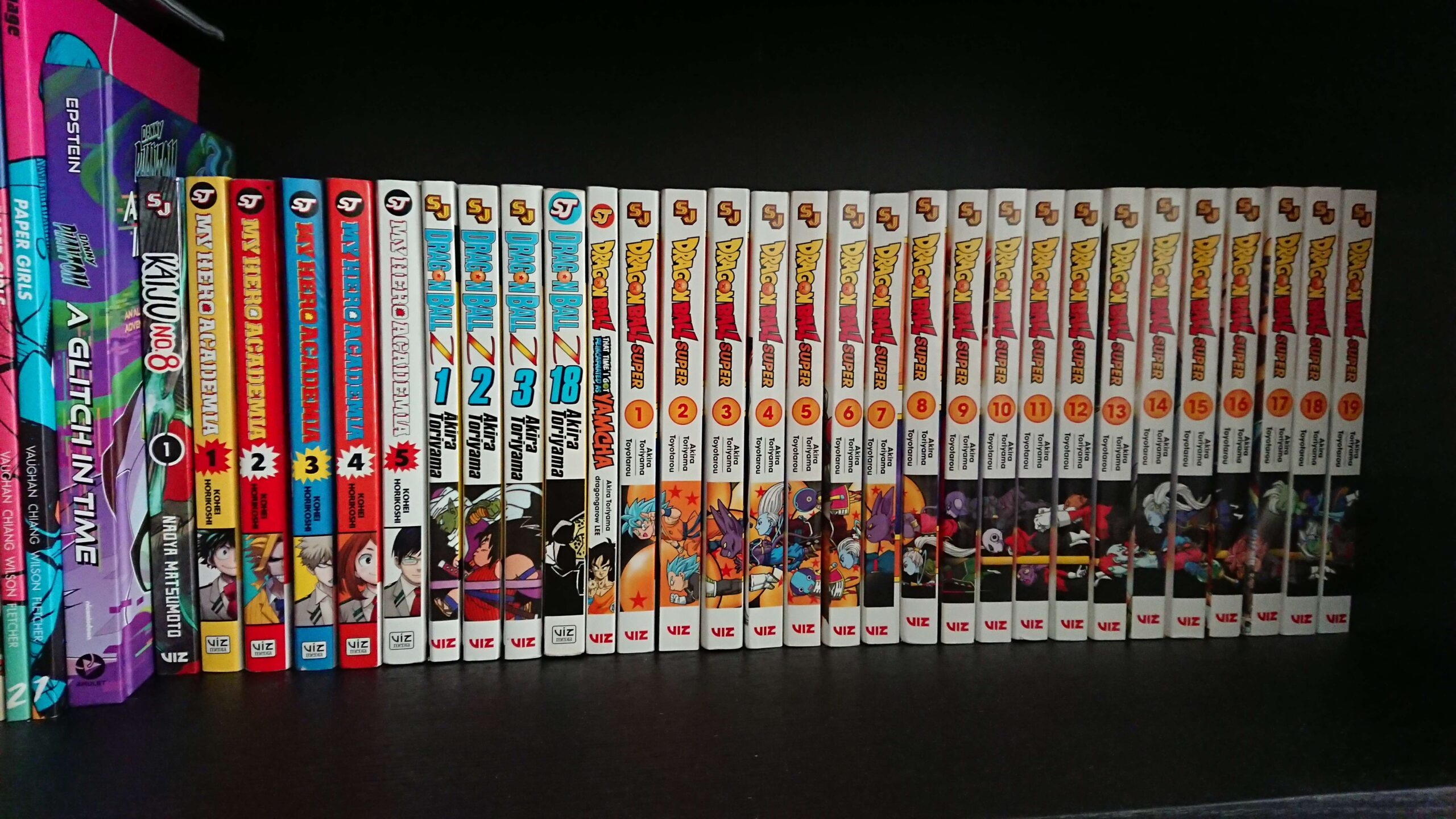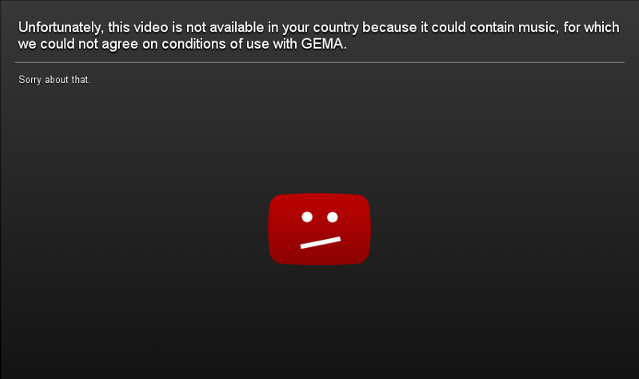They mean, at least according to context, the same thing right? If you’ve looked at the title of this blog post, and you probably have, you might be wondering what about those two words is enough to warrant a blog post. Michelle has been absent from writing blog posts for a year, and she returns with this? You, or at least an imaginary version of you in my head, might say. Well don’t just click the back button in the page quite yet, because I promise you these two words have more to them than it appears at first. In fact, more than two words that at first glance mean the same thing (and as always I dread using the word meaning) they will a great way to show another fundamental problem a translator faces. Translation, theory, and problems, that’s always been our goal with Talking Translation and the two words pictured above are prime examples of something that involves both.
But first story time! While you might be rolling your eyes at the fact that I am starting with yet another story instead of going straight to the point I promise you this to be relevant. I’m not just mindlessly trying to pad out this article to around 1000 or so words to justify my long absence or…well at least not entirely doing it for just that reason.
I’ve recently gotten serious about collecting comic books once more. Indeed my collection has grown into the low hundreds and the amount of trade paperbacks I get is only rivaled by the single issues I get every week as they get released in the US. Superhero stuff, mostly, (and what a marvelous example of a compound word for later), Marvel and DC with Dynamite Comics or IDW in between. If you don’t know the companies, or care about what they each publish don’t worry. That’s not really relevant. What’s relevant is that while I now get them physically the same day they are released in the US the previous comic store I used had to import them with a month delay from the US.
And you might be thinking, all the while urging me to get to the point; “Haha! So that’s the difference! They’re available worldwide but you have to import them”. Or, perhaps you’re not thinking such a thing, but if you were you would on the right track.

I collect more than just manga after all…
Words have…and once again you can imagine the way my shoulders tense up and how hard it is for me to say this…”meaning”. It’s been a running joke in this series of Talking Translation posts that I shudder at that word, because translating “meaning” is one of the hardest possible things to do as it is not clearly defined but words do have it. Well, they have sememes, and semes inside those sememes but as much as I dramatically sigh we can say that words generally represent a concept or an idea. I.E they have a “meaning”.
We’re entering dangerous territories here because that word is not clearly defined. While we treat this as vague approximations not entirely based on Terminology or Linguistics we can however say that the easiest way to distinguish between two words that seem to have the same “meaning” (and I promise to stop pointing out how vague that term really is right about now) is not by what they have in common, but rather…what they have not.
Which, just shy of 600 words is why we’re finally getting into the whole point of what I’m trying to explain. Although this quasi-personal approach meant to bring a sense of intimacy or closeness between the reader and me is essentially flavor text it perhaps allows a better understanding of what I mean. Because at first glance internationally released and released worldwide seem to be the same thing right? An worldwide release has to be, by definition an international release. It has to release everywhere (except, if we’re being very generous with our definition, Antarctica….we can exclude those few dozen scientists there due to logistics).
But does an international release have to be a worldwide release? Is that implied anywhere in the choice of words? Or is that an assumption we, translators make? Are we overextending our scope?
There is a basic logic problem, which tests your knowledge of concepts of philosophy that goes a little bit like this. “All elephants are gray. A mouse is gray. Therefore mice are elephants”. It sounds ridiculous doesn’t it? We know that not all mice (or indeed any mice) are elephants but are we, by claiming international to mean worldwide not committing the same mistake?
It’s a problem of scope. A problem that derives from us applying the idea that “international” points to the idea of “rest of the world” (from the country where it originally released) instead of the much more limited “at least one other country (besides the original release)”.
And this seems like a made up problem that would never appear anywhere right? Because corporations want to make money and it MAKES sense that they would want to release their game, comic, soundtrack, movie…that they would want to release them as widely as possible.
Except that isn’t always the case. Because different entities own the copyright for different parts of a product in different parts of the world.
I’ve recently, as any good immigrant is one to do, been checking my country’s national broadcaster to listen to my language and get a taste of home. I’m homesick. Fully, I admit, missing Portugal and listening to such programs helps. RTP PLAY has thousands of broadcasts archived, stuff going back to the 60s and 70s. It’s a repository of information and an archive of luso-portuguese content that can hardly be rivaled. And if you’re in Portugal, yes, you can access it freely. But if you’re somewhere else…

My German Friends sure complained about not being able to watch much of Youtube back in the day
There are TV shows, fully scripted, funded, directed and paid for with RTP resources that they simply cannot show outside of Portugal. Content that was fully made by our state broadcaster and you would think it’d be fair game…but isn’t.
Perhaps it’s a song they used that they don’t have the rights to use outside of the country. Maybe it’s that the program is an adaptation of another country’s tv show. It might even have to do with the fact a documentary on Portuguese Radio with excerpts from an interview in the 60s features clips that were never meant to be aired outside of Portugal. It doesn’t matter. Every once in a while, while looking to watch something live I get that little warning before the video stream is cut. “No online transmission rights”.
It’s a punch in the gut whenever it happens. Though it’s a problem that can be easily resolved (through not so quite honest means) it is still enough of a reminder I’m choosing to use it as an example. It isn’t even a problem that extends only to tax-paid productions. In trying to buy the Kingdom Hearts 3 or Sonic Frontiers soundtracks, exchanging real life money for them they are available internationally…but not worldwide. You can buy them, sure, if you’re in the United States but if you’re in a certain central or southern European country you don’t quite have that luck.
It’s a reminder that in translation, less is often more, and assumptions make…well an ass out of you. Assuming that two words point to the same exact value, that is the same “thing” can induce you in error. A chair and a bench are both seats, but a bench doesn’t have a back while a chair does. An international release is by itself a release in at least two countries but it is not necessarily (and often isn’t) a release everywhere in the world. It’s an idea, “less is more” that is good to have as a translator.
And hey, as an aside, it gives me enough of a reason to use this blog as a platform to complain about the fact that while I still pay for HBO Max, it not being available in the country where I’m currently living means I cannot keep watching any of the shows I subscribed for without getting a different subscription. So you know – a problem in translation, yes. But also, my poor gay pirates.
At least I can use it for content.
